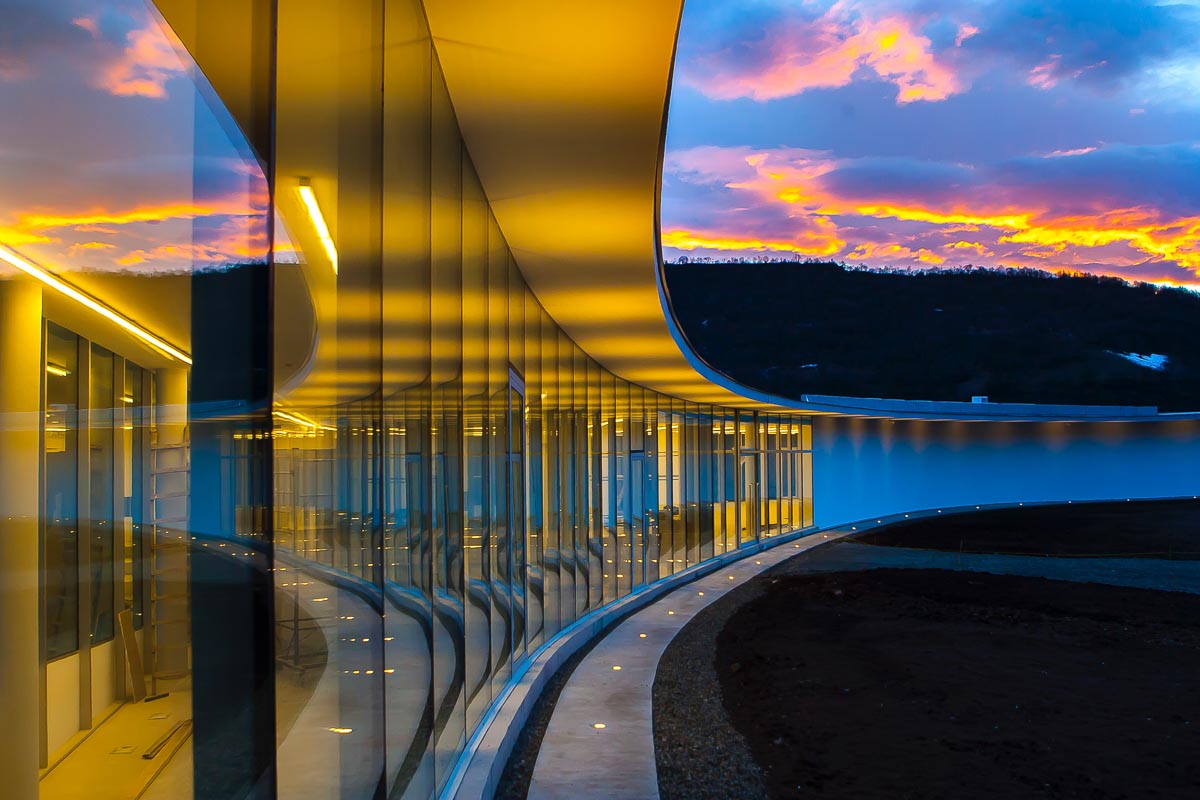On Tuesday evening, experts in innovative urban development discussed how technology will transform cities like Houston into smarter, more efficient urban spaces. The smart cities panel included Bill Fulton, director of the Kinder Institute for Urban Research, Jesse Bounds, director of innovation for the City of Houston, Roger Flud, sales team leader for Schneider Electric, Bruce Rutherford, international director for JLL, and Jean-Christophe Florenson , an expert in smart lighting with Citelum.
"Less than 10% of the data that a city generates gets used for any type of analysis or decision-making," Bounds said. "So there's a lot of data that we're not taking full advantage of in the city. One of our goals is working with an internal consulting group over data analytics programs so we deal with data on a daily basis. With the data, we're able to understand a little bit about the challenges and also the challenges with the data."
Data cleanliness is one of the major obstacles, Bounds points out. Essentially, what good are numbers, figures, percentages and other datasets if the information is unorganized and isn't usable in a comprehensive, applicable way?
"Resources and competency is another issue," Bounds said. "We don't have the in-house resources to manage this next generation of smart city enterprise. This hasn't been a line item in the city's budget and I don't know of any city that has a smart city budget for that type of purpose. We're just expecting our technology to become modern while managing an enterprise that's full of legacy technologies and people that don't really understand technology modernization."
Bounds said Houston is aiming to fill these gaps in understanding and expertise with outside help to "manage our data in the way that we answer the problems that we have."
An example of an outside partnership is with the Kinder Institute's Houston Solutions Lab, which is a partnership between the institute and the city to bring together research and policy to help answer and solve Houston's largest problems.
Rutherford also gave the example of wireless companies positioning 5G signals throughout the city, including lower-income areas. It's expected to let users download a 50 GB game in under two minutes or a 100 GB 4K movie in under four minutes, entirely on a cellphone. From an urban-planning perspective, 5G has the potential to connect autonomous vehicles, revitalize rural areas, and communicate to emergency personnel more efficiently.
"Imagine the power it's going to give each of us to use 5G technology as individuals, but imagine the power it will give to a city to read what's going on and to communicate," Rutherford said. "Imagine the power it will give to the fire department to act quickly on a fire threat or the police department to act on a violation of the law."
"We're not going to recognize the planet in 25 years due to technology, in my opinion," he said.
These public-private partnerships are key to creating a smart city, according to the speakers. The panel explained that creating smart cities isn't just the responsibility of the government, but will require several connections across industries and sectors.
"Creating smart cities is not a government bill, it's a team sport," Bounds said. "Working with private partners, with the community, with academia, with others to test those ideas and what-ifs. Preparing for the digital future is less about the technology because the tech is changing so frequently, but more about creating an agile government that's adaptive and open to ideas. I think we have that here in Houston and the ecosystem for that is growing."

